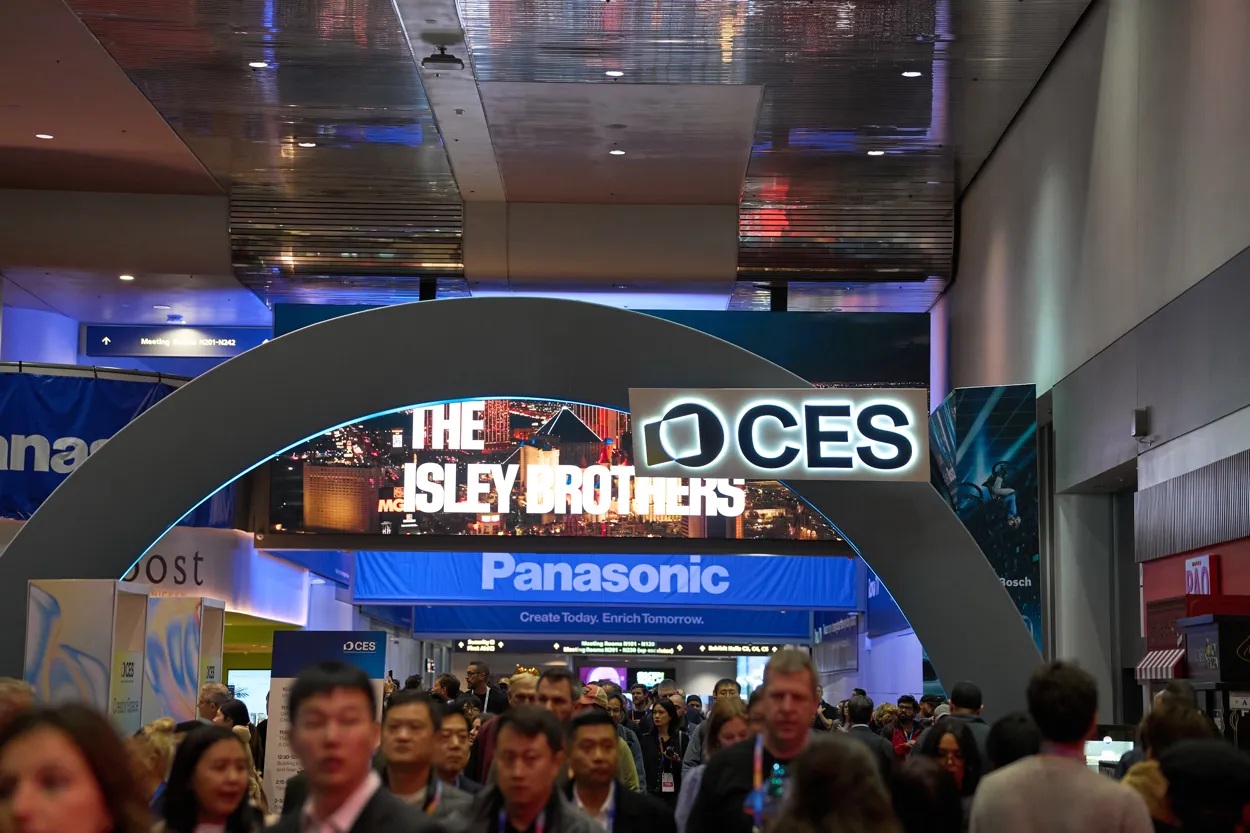DVD format war looms
The two sides in the competition for an HD DVD standard have given up hope they can forge an agreement for a single unified format. Now, both sides are proceeding with plans for competing product launches in 2006.
Frank Simonis, a spokesman for the Blu-ray standard, told Reuters last week Blu-ray products are preparing for a 2006 launch. Now, the same launch window appears likely for the rival HD DVD format.
HD DVD’s chief backer, Toshiba said that it may delay the planned year-end 2005 launch of its next-generation HD DVD players, potentially undermining its presumed advantage as the first supplier to put such machines on the market.
Toshiba added, however, that any change in its launch schedule would be intended to maximize potential demand for the new products. The manufacturer told Reuters that it remains committed to the HD DVD format as the next-generation DVD technology.
Toshiba and Sony, leading rival camps, have waged a three-year battle to have their incompatible standards adopted for the new DVDs, which promise much greater capacity for HD movies.
Toshiba, along with NEC and Sanyo Electric, has been promoting HD DVD, while Sony and Matsushita Electric Industrial, the maker of Panasonic brand products, have been developing Blu-ray.
Failure to reach agreement on a common unified HD format for DVD is a major set-back for the Hollywood studios and home video industry, who want to avoid consumer resistance to incompatible formats and equipment.
The professional video industry's #1 source for news, trends and product and tech information. Sign up below.
Even when the new generation of players reach the market, it’s not known how the public will react to new, more stringent copy protection limitations.
For example, DVD viewers may be surprised to find that studios have insisted on punitive features that activate should they tinker with their new Blu-ray player. With standard DVD players, consumers have modified machines to, for example, remove regional coding limitations. The new Internet-connected and secure players will report any hack and the device can be disabled remotely.
Such restrictions, combined with new formats with an uncertain future, could result in consumers sticking with current standard definition DVD technology for many years into the future, many industry experts have predicted.
